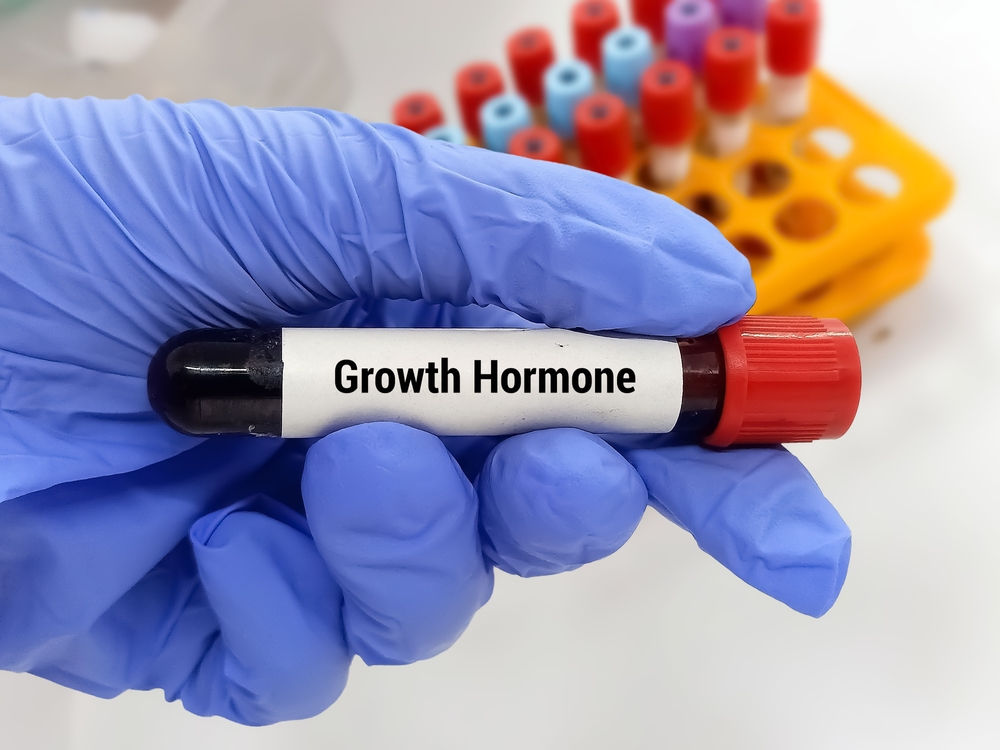Well child care is crucial throughout your child’s development, especially as they enter puberty. What happens if they enter this stage in life too soon? What does it look like, and what can be done about it?
Read on for guidance on understanding early puberty in children near Rockville, Maryland!
Going Through Puberty, Why It’s Necessary for Development, and What It Means for Your Child
Puberty is an essential stage of development that marks the transition from childhood into adolescence.
During this, the brain begins sending signals to the ovaries or testes to start producing sex hormones. This includes estrogen and testosterone.
These hormones encourage important changes like breast development, growth of body hair, vocal changes, and onset of menstruation or sperm production.
Emotional and cognitive growth also accelerates, helping children gain independence, self-awareness, and complex reasoning skills.
Although puberty brings challenges, such as mood shifts and body image concerns, it’s an expected part of healthy growth.
Most children begin showing signs of puberty between ages eight and 13 for those assigned female at birth or nine and 14 for individuals assigned male at birth.
Understanding Early Puberty in Children Near Rockville, Maryland, and Why It Happens
Early puberty, also known as precocious puberty, occurs when puberty begins before the aforementioned normal ranges.
While this can be concerning for parents, it’s not always a sign of underlying problems. In many circumstances, early puberty is simply a variation of normal development.
In other cases, early puberty occurs because of hormone-producing conditions, genetic factors, or issues involving the brain or adrenal glands.
Exposure to external hormones, such as estrogen or testosterone found in creams, supplements, or certain medications, can trigger earlier development.
Higher body weight, chronic health conditions, or environmental factors additionally play a role.
Regardless of the cause, detecting early puberty matters. When puberty begins too soon, children may experience rapid bone growth that stops earlier than expected, leading to shortened adult height.
Emotional challenges arise as well when a child appears older physically but isn’t yet ready socially or mentally for adolescent changes.
Monitoring Symptoms of Precocious Puberty and What to Watch Out for
Understanding early puberty in children near Rockville, Maryland is key for detecting it as soon as possible. Signs of precocious puberty include:
- Behavioral changes, such as emotional sensitivity and increased irritability.
- Body odor or early acne.
- Breast development before age eight.
- Menstruation starting before age eight.
- Pubic and / or underarm hair sooner than anticipated.
- Sudden growth spurts, especially when your child is much taller than their peers.
- Voice deepening or facial hair before age nine.
Exploring Your Child’s Options for Care and If Medical Intervention Is Even Necessary
The first step is a visit with an experienced pediatric endocrinologist near you. They may recommend blood tests, X-rays, or imaging studies to understand if puberty has truly begun and what might be causing it.
Many children with early signs do not require treatment, particularly if changes progress slowly or stop on their own.
When intervention is needed, the most common treatment is medications called gonadotropin-releasing hormone analogues.
These temporarily pause puberty by interrupting the hormonal signals that trigger development. Once medication is stopped, puberty resumes naturally.
Supportive care is important too. Families benefit from education, reassurance, and guidance about age-appropriate conversations regarding body changes.
Emotional support, from parents and healthcare professionals alike, helps children understand their bodies without fear or confusion.
Treat Early Puberty in Children Near Rockville, Maryland, at Potomac Pediatrics
Potomac Pediatrics is your child’s medical home where you and your family can find services relating to mental health, puberty in boys, and in girls, as well as so much more.
Learn more about puberty, both early and on time, by calling us now at 301-279-6750! Additionally, you can email us at question@potomacpediatrics.com to schedule a consultation with our pediatric endocrinologist, Dr. Ellen Leschek.






